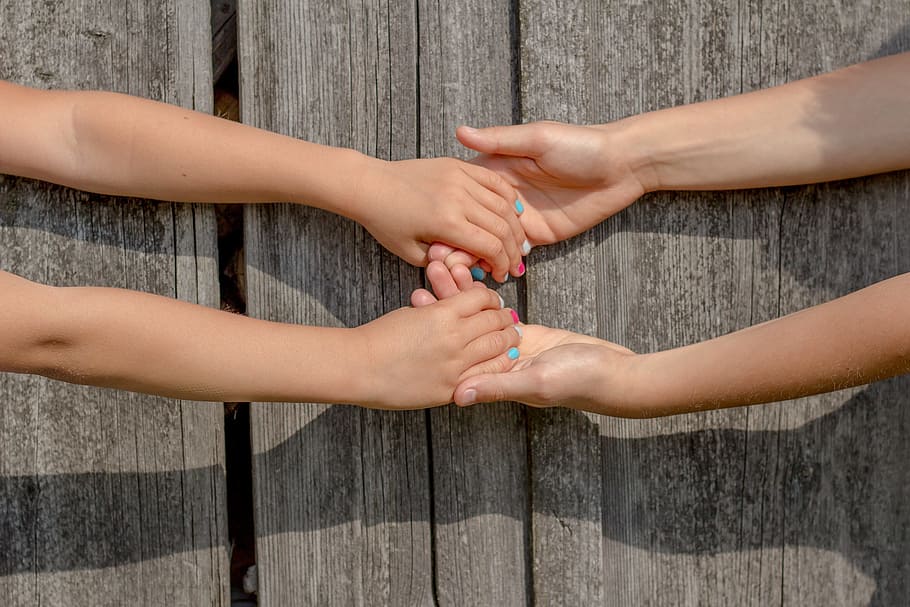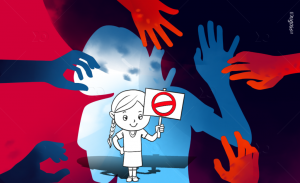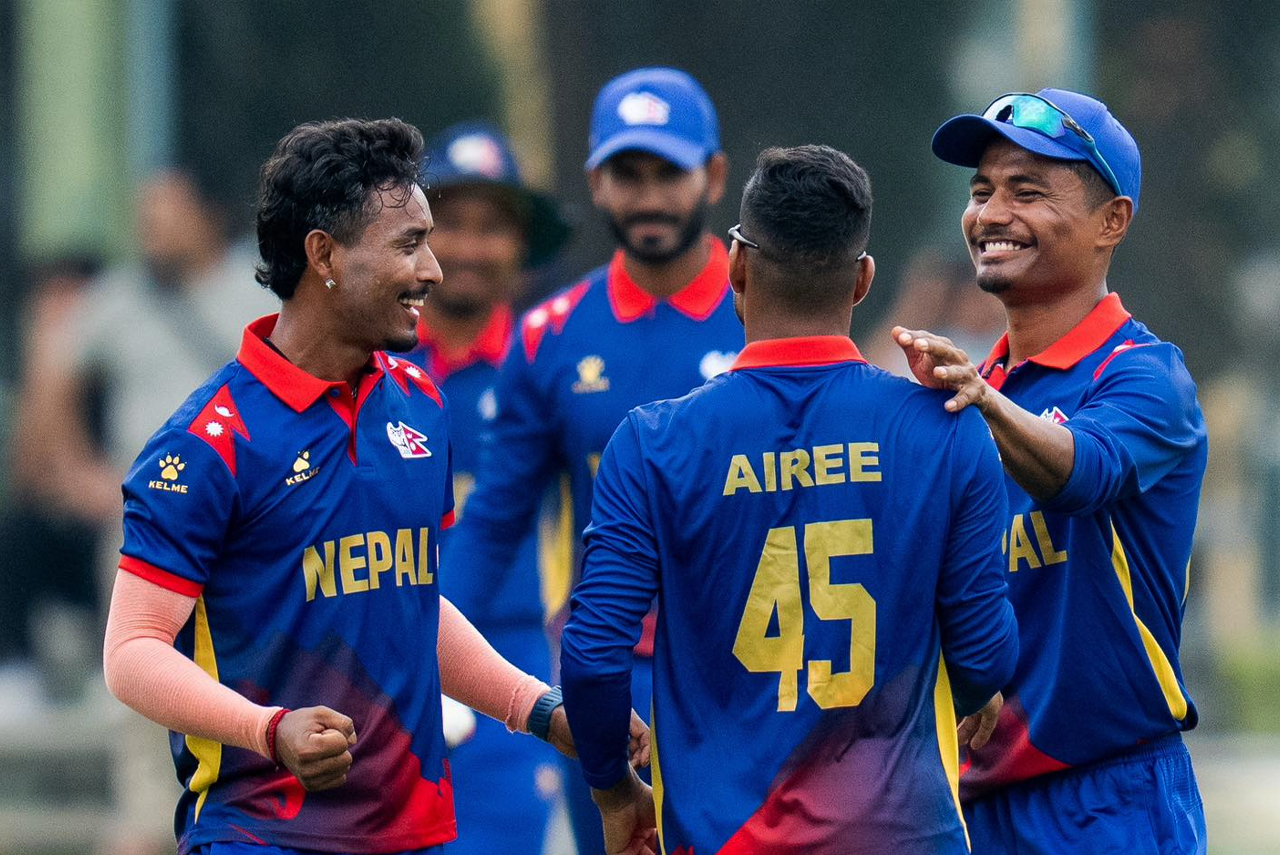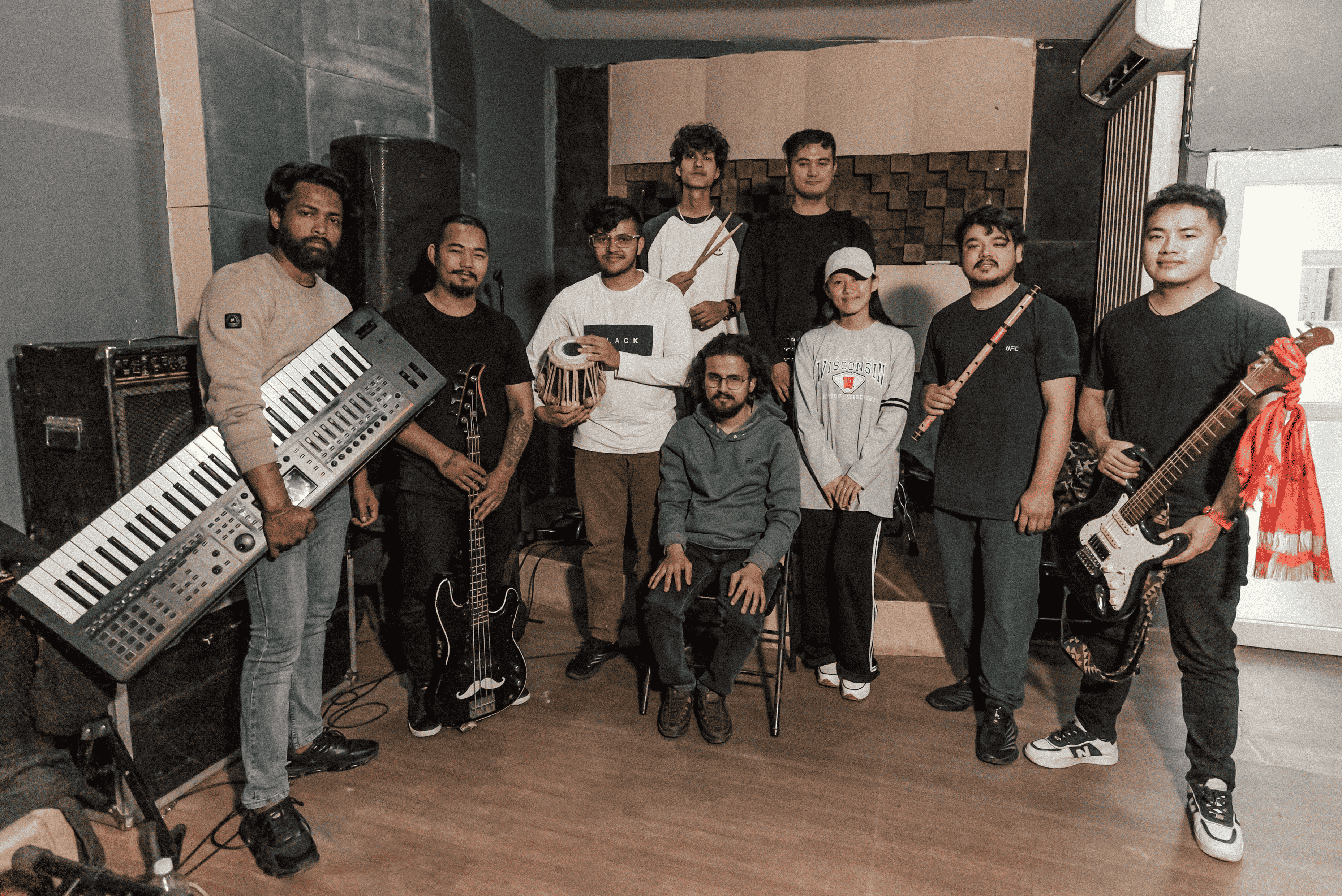For most gender-based violence survivors, healing and getting back to the ‘normal life’ are super difficult journeys. But, the support of a trained psychosocial counsellor might ease the process in most cases.
But, how accessible is the counselling support in Nepal for these gender-based violence survivors? Onlinekhabar discussed the same issue with Radha Basnet, a psychosocial counsellor at Transcultural Psychosocial Organisation Nepal (TPO Nepal), an NGO providing such services, on the occasion of the 16 Days of Activism against Gender-Based Violence.
Excerpts:
What is the state of mind of gender-based violence survivors when they come for counselling?
Gender-based violence survivors are referred for counselling after completing a certain level of assessment from concerned authorities. They are usually stressed, some cry a lot, some can’t share things, and some become emotionally uncontrollable.
So, how easily do they open up to you? What techniques do you use to ease them?
For anyone, it isn’t easy to open up in front of a stranger. Therefore, we do not expect gender-based violence survivors to open up with us in a straightforward manner. However, we comfort them and create an environment where they feel secure to express themselves.
We use relation techniques to comfort them, then start our talk, generally discussing how they are feeling at the moment, rather than discussing past events and future events. We also use grounding techniques in order to bring them to the stage of self-awareness. They realise what is happening to them, their body now, what thoughts and emotions they are feeling.
After this, we go for the next-level counselling. All of this creates an environment to open up. Even if they can’t, we allow them to take some more time.
Are the counselling techniques used the same for all gender-based violence survivors?
No, the skills vary from survivor to survivor. It generally depends on survivors’ condition, mindset, coping skills, and their perspective towards the incidents of violence. After evaluating everything, we use the techniques and approaches accordingly.
What generally comes to your mind while listening to them?
I actually don’t know what goes on in my mind while listening to gender-based violence survivors. Having said that, nothing plays around my mind; I only pay attention to listening to them and their stories, empathetically, without judging them.
Even when someone breaks down into tears while expressing, we don’t shed a drop of tears because we are service providers and if we cry along with them, they might feel that their condition is very worse.
As you have been observing gender-based violence survivors very closely and they also open up their hearts in front of you, what do you find the root causes of such violence?
Based on my observation of the survivors, I have found several reasons responsible for such violence. In the case of married couples, dissatisfaction with each other, extramarital affairs, suspicion aroused from such affairs and everything create rifts in their relationship and that takes an aggressive turn into abuse.

Many think that most of the time, economically dependent women had to bear such violence. However, my experience says otherwise. I have counselled many economically sound women who were experiencing violence from their partners.
In case of mismatched marriages and marriage by eloping, usually, women are deprived of citizenship and marriage registration by their husbands. And, when they demand their rights, it becomes an issue for quarrels between the two sides.
In most cases of rape survivors I counselled, the perpetrators were mostly within their family, friends and acquaintances. I find the problematic mindset that a woman or a girl loses her honour after the perpetrator raped her is the main reason.
So, how necessary is psychosocial counselling support for gender-based violence survivors?
No doubt, counselling support is crucial for gender-based violence survivors at every level. You should know that such violence can happen in any place and on any person, leading to psychological problems such as stress.
As per my analysis of the cases I have looked into, I have found that many survivors have lodged the complaint or taken a stand after tolerating a lot of abuse. Only after finding that there is no way out of this violence, they file the complaints. Therefore, most survivors visiting me are broken from within, stressed, struggling with depression, and having suicidal thoughts.
Therefore, counselling is very needed for them to heal, or at least to express their inner feelings and griefs. Most of the gender-based violence survivors have no one to share their sufferings with. Instead, the family, friends and coworkers tell a woman to tolerate the violence, saying “you should not be breaking your home/marriage, you can’t bring ‘family’ issues out, it happens to everyone.”
In such conditions, counselling is very necessary. It takes a lot of time to go back to normal life. After finding out the causes of violence, we counsel accordingly. Not only do we counsel the survivors, but we also sit with families, their husbands and counsel them in many stages.
What should society do in order to bring gender-based violence survivors back to normal life?
Our patriarchal society and people have been normalising gender-based violence for ages. It teaches a woman to tolerate every violence the perpetrator and society impose on them. There are women who say like, “I have been tolerating it, why can’t you?”.
Such a perspective is problematic; this should change. Society should understand that violence in any form is unacceptable to anyone. As society is formed from a group of families and a family consists of individuals, an individual should become conscious of their activities and behaviours that incite violence or conflict so as to control themselves. We need to work on the awareness part mostly.

Also, there is a tendency in people that they ignore a husband beating his wife in their neighbourhood, saying it’s their internal matter. This also should change. There is still a lot to do to bring the change.
Then, what do you think is the role of the government for the psychosocial well-being of gender-based violence survivors?
Of late, there has been a lot of work on this issue. There has happened campaigns and training; there are hotline numbers; the media are also raising this issue. However, counselling support is not accessible to every survivor, as per my observation. Only a few people know that there are helplines that they can seek support.
Therefore, the authorities should prioritise counselling services for gender-based violence survivors and all those who need psychosocial support into their policies, plans and programmes. Also, local governments can establish psychosocial counselling centres and support them.



























